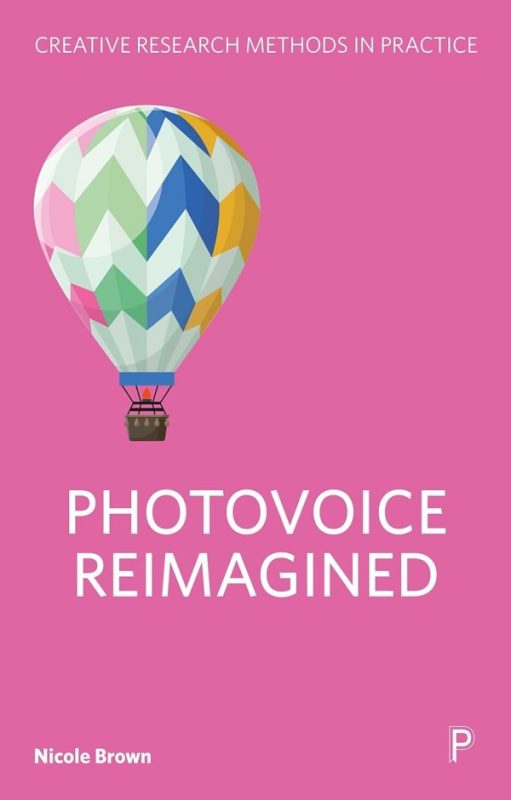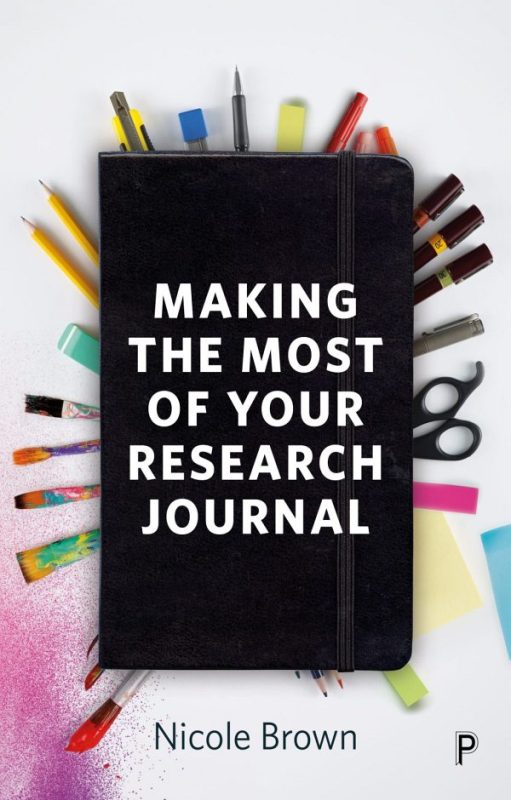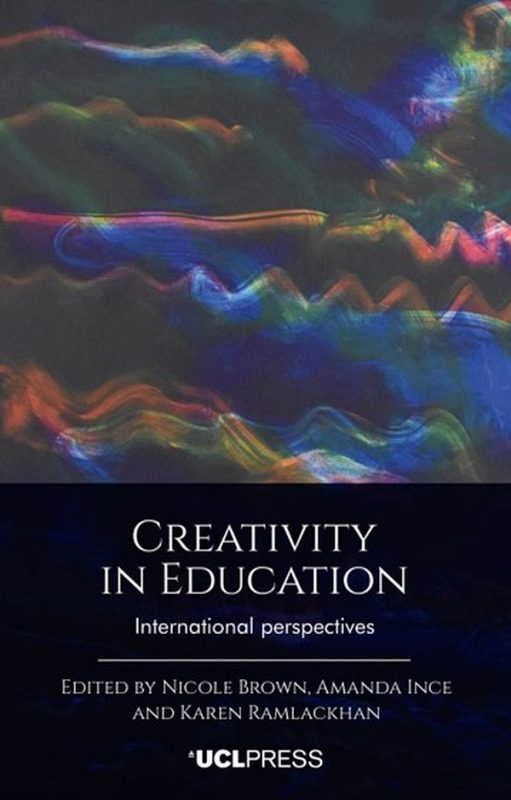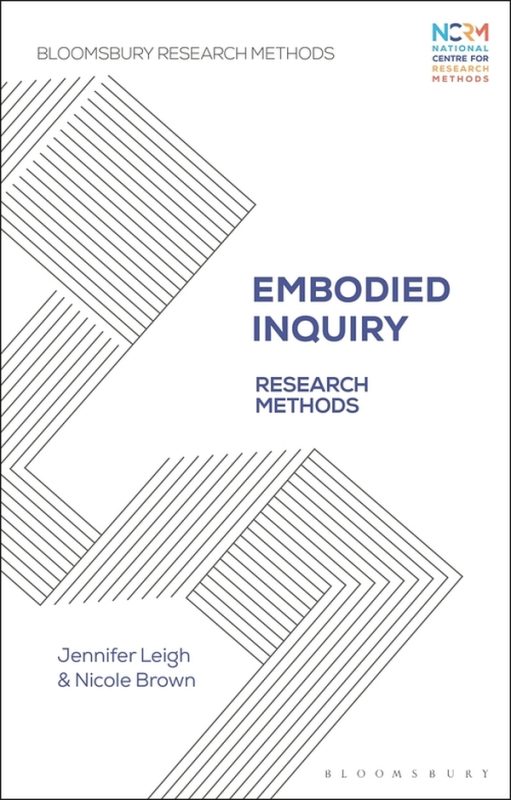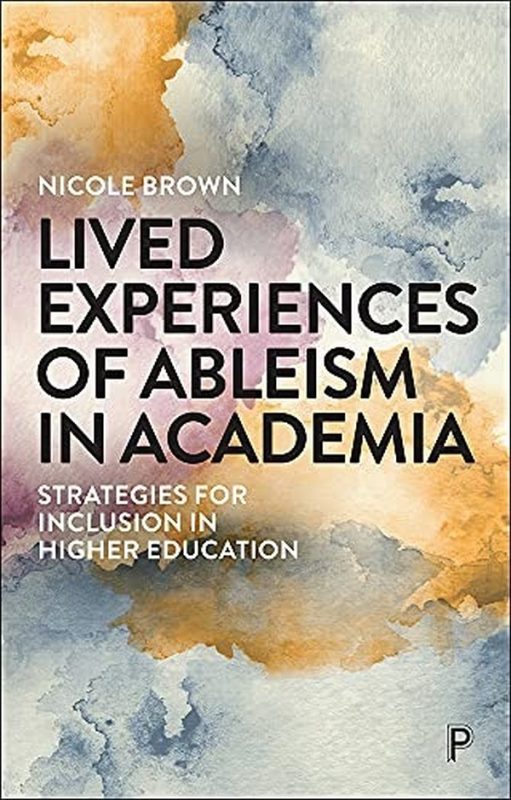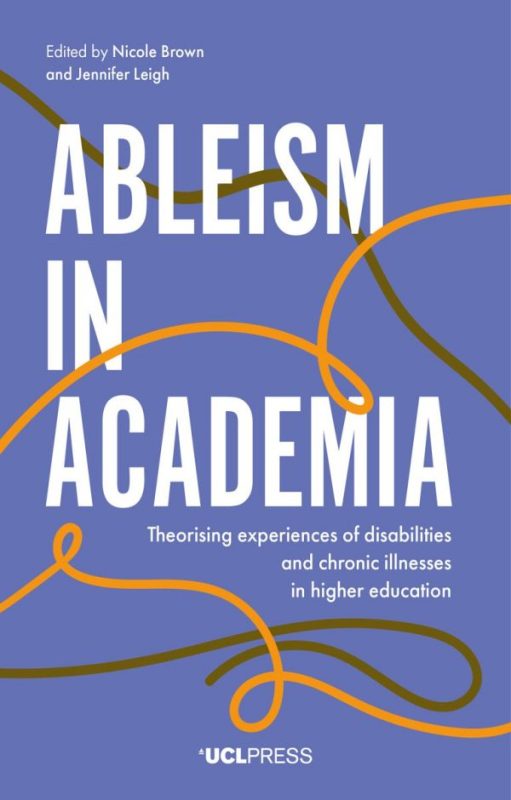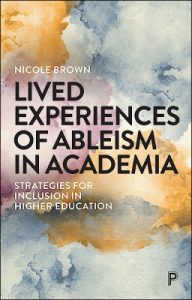
Lessons from the COVID-19 pandemic
This is an extract from my contribution to the LSE Impact blog exploring lessons from the COVID-19 pandemic.

Book: Lived Experiences of Ableism in Academia
Deeply embedded in personal experiences, this perceptive book provides examples for universities to develop inclusive practices, accessible working and learning conditions and a less ableist environment.
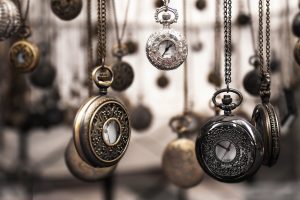
The part-time doctorate
This is an extract from a guest post on the Thriving Part-Time blog to highlight the experience of time and how to make the most of it as a part-time doctoral student.

Strategies to manage academic life
This is a post I wrote in July 2018 about how neurodiverse, chronically ill and disabled academics manage their academic life. This was published as a guest post on the Chronically Academic blog.

The research pipeline: managing the publications process
This post outlines how to maintain a research pipeline to plan and manage publications systematically and links to a word template.
Emotions and the role of reflexivity in qualitative research
Workshop to explore the role of the researcher and more specifically, the researcher's emotions within the process of qualitative research.

Article: Making academia more accessible
The remit of this paper is to provide practical ideas and recommendations to address accessibility issues in events and conferences as a first step to improving existing working conditions.
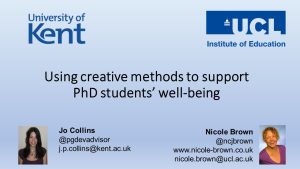
Using creative methods to support well-being amongst PhD students
This workshop provides attendees with reflective tools to help PhD students understand their innermost emotions, concerns and needs, which is a first step towards developing strategies for well-being.

What’s your message?
In this post I am asking "What's your message?". This is about teachers' behaviours and attitudes and how students perceive these.
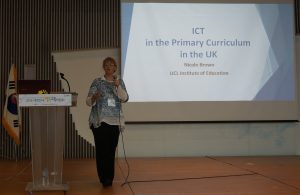
Presentation from the KSSEE conference
The KSSEE (Korean Society for the Study of Elementary Education) had invited me to Seoul, South Korea, to give a talk about ICT in the Primary Curriculum in the UK.
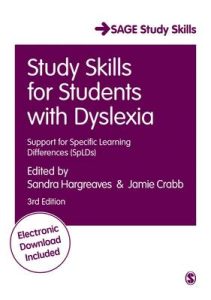
Book review: Study skills for students with dyslexia
This review is about "Study skills for students with dyslexia". This is a good resource for teachers helping prepare students for University.

Simulation of cognitive dysfunction
This is a brief simulation of what cognitive dysfunction and brain fog feel like.
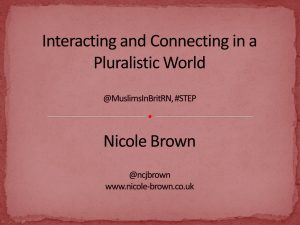
Presentation from the Islam and Peaceful Relations conference
Download my presentation from the "Islam and Peaceful Relations" conference from here.
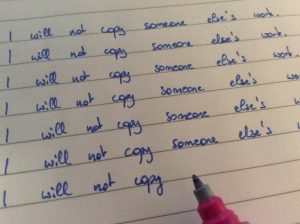
Reflections about plagiarism
Plagiarism is a socio-cultural issue. This is about academic integrity and the reputation of an institution and the degree that is awarded. I would not want to hold an academic degree that is devalued in such way that many people were able to cheat their way through it. This is a reflective piece of writing on plagiarism and what it feels like for an academic.
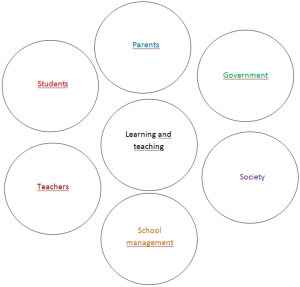
The educational context
In teacher training there is a heavy focus on the educational context, but does the educational context really matter? Or is there a danger in being too reliant on statistical information relating to the educational context, in which we operate?
Teaching and reflective practice
Teaching and learning are complex due to the many factors that impact what happens in a classroom. Teachers need to constantly adapt and change their activities and plans accordingly. And in order to do just that in an efficient and effective way, teachers must be reflective.
